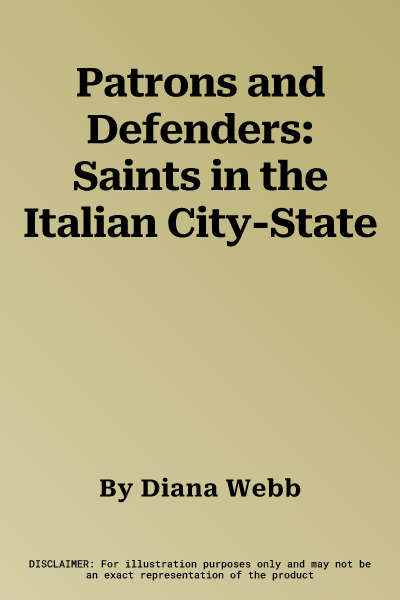Diana Webb
(Author)Patrons and Defenders: Saints in the Italian City-StateHardcover, 31 December 1996

Temporarily out of stock
Free Delivery
Cash on Delivery
15 Days
Free Returns
Secure Checkout

Part of Series
International Library of Historical Studies
Print Length
352 pages
Language
English
Publisher
I. B. Tauris & Company
Date Published
31 Dec 1996
ISBN-10
186064029X
ISBN-13
9781860640292
Description
Product Details
Author:
Book Format:
Hardcover
Date Published:
31 December 1996
Dimensions:
22.76 x
15.85 x
3.25 cm
Genre:
Christian
ISBN-10:
186064029X
ISBN-13:
9781860640292
Language:
English
Location:
New York
Pages:
352
Publisher:
Weight:
594.21 gm